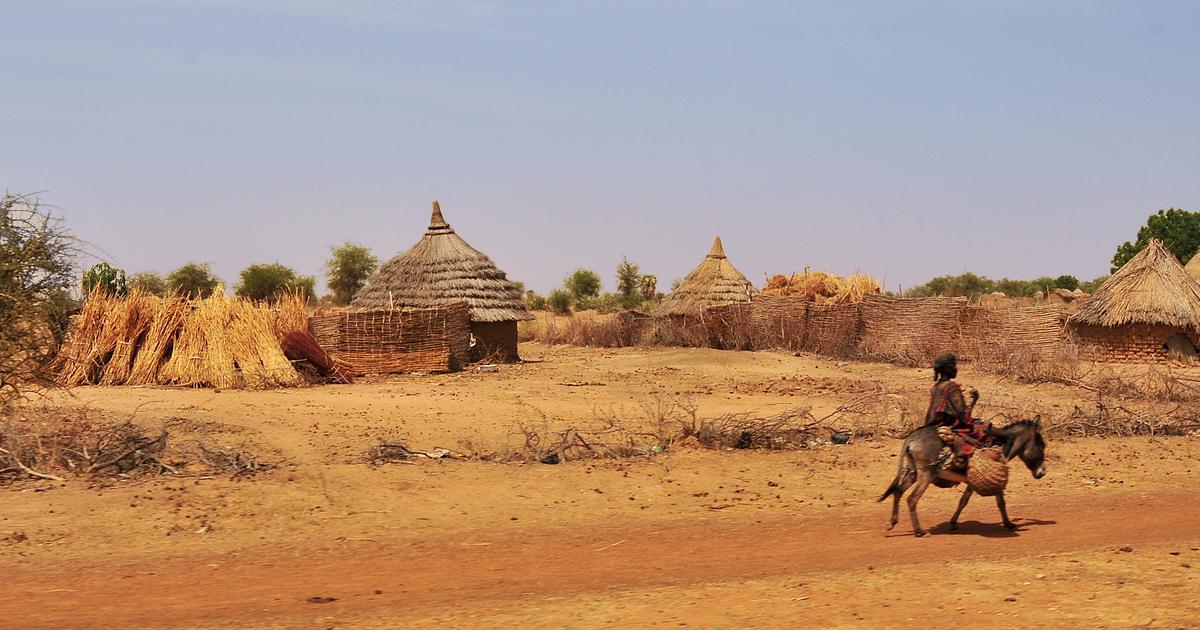Mali and Burkina Faso experienced an exceptional heat wave, both in terms of its duration and its intensity. The report specifies that an episode like the one which affected the Sahel for 5 days in April only occurs in principle “once every 200 years.
” Scientists estimate that such a heatwave in Mali and Burkinabé would be. 1°C hotter in a 0.8°C warmer world. It would occur 10 times more frequently than in today's climate if global warming reaches 2°C, they say. The duration and severity of this heat wave caused an increase in deaths and hospitalizations recorded in these countries, according to WWA, even if the Malian and Burkinabé populations are acclimatized to high temperatures. The authors of the report add that these trends will continue with future warming, and that they are concerned about the effects of global warming on Mali and Burkinabé. The heat wave is linked to man-made climate change, say scientists from the World Weather Attribution.

